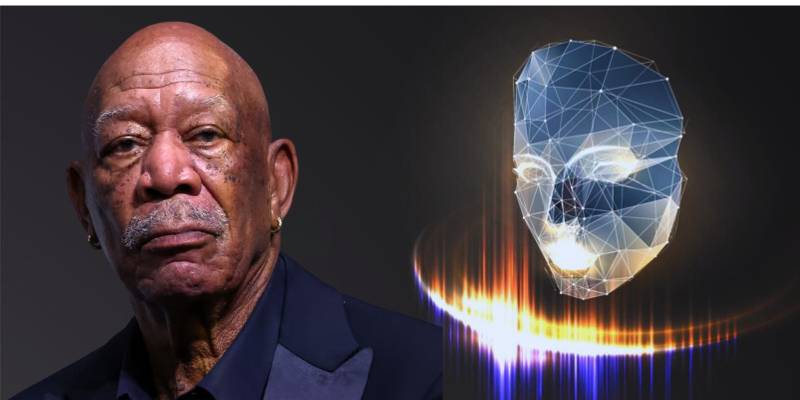Morgan Freeman’s voice has always had a certain gravity, smooth and sure and instantly recognisable, and now that same voice is at the heart of a battle he never requested.
He’s just spoken out again after a report that he says he feels “robbed” by people using AI to replicate his voice started going around, and reading a fuller account of how this issue has infuriated him makes it clear today’s communique is not mere irritation-it’s personal.
He’s not mincing words, either. When he responded recently to the burgeoning numbers of AI-produced impersonations, he understandably established that his voice is not public property.
That only became clearer after a news report about how he was lambasting the digital characters replicating him with eerie accuracy pouring out of every sentence in his warning to “false versions” attempting to sound like him.
There’s a feeling of betrayal in his words, as if technology got to a part of him he thought was untouchable.
And then there’s the legal aspect of all this, which is a courtroom drama that might as well be from the movies.
Freeman said that his lawyers have been “very, very busy,” and I kept thinking about a long conversation we had in 2010 about protecting his likeness across decades of work (a theory he put into practice even then), which might help explain how strained his team is right now – as this interview makes clear.
It’s a spotlight on something people don’t think about: a voice, especially a famous one, is not just sound – it’s property.
But the piece that really got to me wasn’t even written by Freeman – it was a commentary about how AI’s forced him to lawyer up in new, exhausting ways, highlighting just how disruptive cloned voices have become.
The way the issue is framed in this piece – as another discussion of how AI abuse has forced him into a posture of constant self-defend – makes you realize not only that the threat isn’t abstract, it’s here, and already altering lives like those of performers who’ve spent decades mastering their craft.
To me, his missive strikes on more than one level. Okay, Freeman is defending his reputation, his paycheck and his voice - literally.
But there’s a larger dynamic at work here, too. If someone with his reach can wake up to a synthetic version of himself floating around the internet, what does that mean for creators without his platform?
What about voice actors in Manila, podcasters from Singapore or indie video narrators developing their careers online?
Freeman’s battle feels like a harbinger of where we are all headed – to a world in which your identity can be brush-stroked into existence by a machine, and you must fight to protect the parts of yourself you once thought were sacred. It’s messy, it’s emotional, and frankly, it is long overdue.

